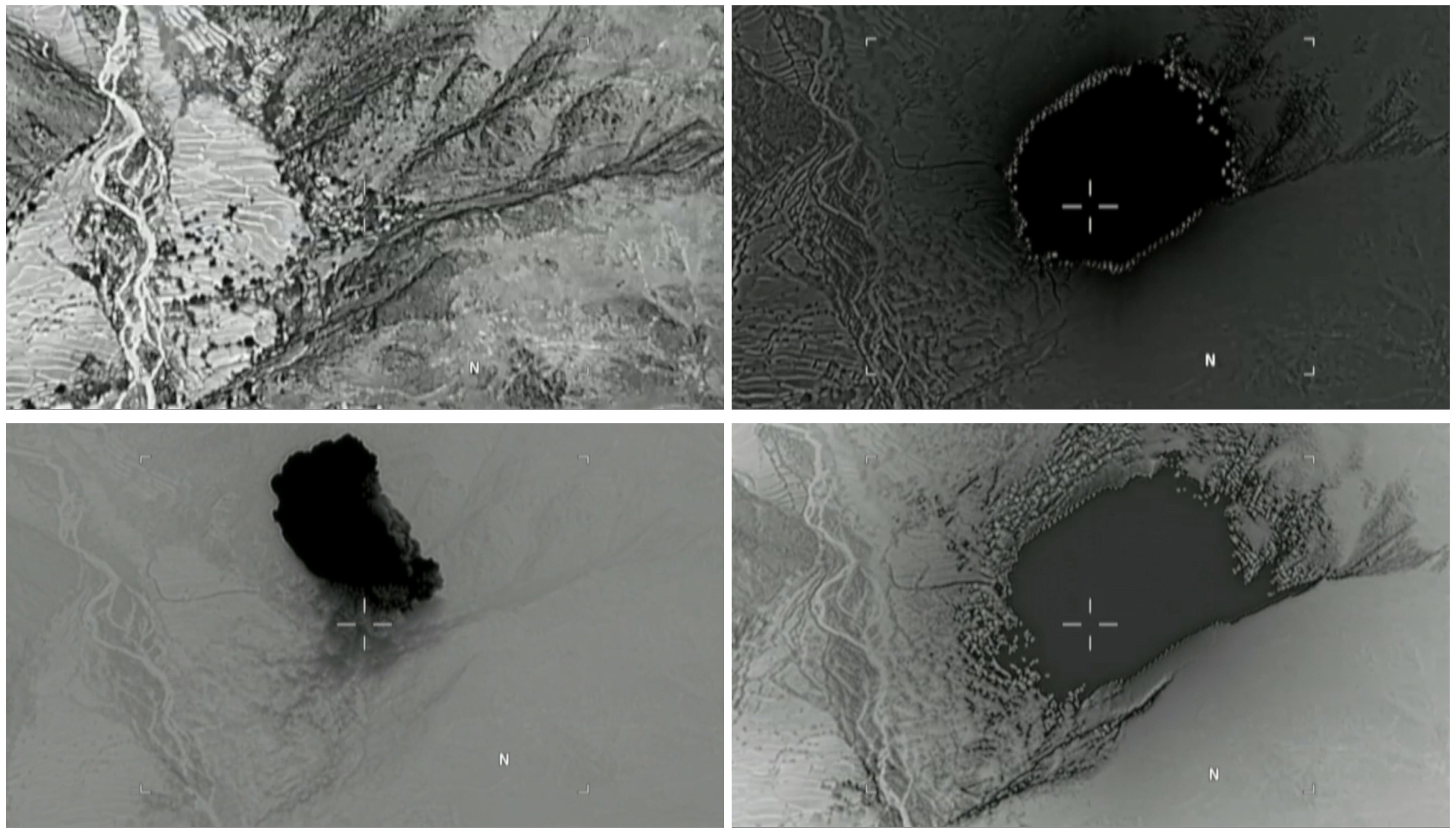
By John Davison
BEIRUT (Reuters) – A bomb blast hit a bus convoy waiting to cross into government-held Aleppo in Syria on Saturday, killing and wounding dozens of people evacuated from two Shi’ite villages the day before in a deal between warring sides.
The agreement had stalled, leaving thousands of people from both government-besieged and rebel-besieged areas stranded at two transit points on the city’s outskirts, before the explosion occurred.
Pro-Damascus media outlets said a suicide attacker detonated a car bomb and killed at least 22 people. The British-based Syrian Observatory for Human Rights said the death toll was at least 24.
Footage on state TV showed bodies lying next to charred buses with their windows blown out, and vehicles in flames.
The blast hit buses in the Rashidin area on Aleppo’s outskirts. The vehicles had been waiting since Friday to cross from rebel-held territory into the government-controlled city itself.
The convoy was carrying residents and pro-government fighters from the rebel-besieged Shi’ite villages of al-Foua and Kefraya in nearby Idlib province.
They had left under a deal where, in exchange, hundreds of Sunni insurgents and their families were granted safe passage from Madaya, a government-besieged town near Damascus.
But a delay in the agreement had left all those evacuated stuck at transit points on Aleppo’s outskirts since late on Friday.
Residents of al-Foua and Kefraya were waiting in the Rashidin area.
The rebels and residents of Madaya, near Damascus, were waiting at the government-held Ramousah bus garage, a few miles away. They were to be transported to the opposition stronghold of Idlib province.
People waiting in the Ramousah garage heard the blast, and said they feared revenge attacks by pro-government forces. They circulated a statement on social media imploring “international organizations” to intervene so the situation did not escalate.
The evacuation deal is one of several over recent months that has seen President Bashar al-Assad’s government take back control of areas long besieged by his forces and their allies.
The deals are unpopular with the Syrian opposition, who say they amount to forced displacement of Assad’s opponents from Syria’s main urban centers in the west of the country.
They are also causing demographic changes because those who are displaced are usually Sunni Muslims, like most of the opposition. Assad is from the minority Alawite sect and is supported by Shi’ite regional allies.
It was unclear who carried out Saturday’s bombing attack.
The exact reasons for the delay in completing the evacuation deal were also unclear.
The Observatory said the delay was caused by the fact that rebels from Zabadani, another town near Damascus included in the deal, had not yet been granted safe passage out.
‘FORCED DISPLACEMENT’
A pro-opposition activist said insurgents blamed the delay partly on the fact that a smaller number of pro-government fighters had left the Shi’ite villages than was agreed.
Earlier on Saturday, at the transit point where the buses from al-Foua and Kefraya were waiting, one resident said he was not yet sure where he would live.
“After Aleppo I’ll see what the rest of the group is doing, if there are any preparations. My house, land and belongings are all in al-Foua,” Mehdi Tahhan said.
A Madaya resident, speaking from the bus garage inside Aleppo, said people had been waiting there since late on Friday, and were not being allowed to leave.
“There’s no drinking water or food. The bus garage is small so there’s not much space to move around,” Ahmed, 24, said.
“We’re sad and angry about what has happened,” he said. Many people felt that they had been forced to leave,” he said.
“There was no other choice in the end – we were besieged inside a small area in Madaya.”
Other evacuation deals in recent months have included areas of Aleppo and a district in the city of Homs.
Syria’s population is mostly Sunni. Assad’s Alawite religious minority is often considered an offshoot of Shi’ite Islam.
He has been backed militarily by Russia, and by Shi’ite fighters from Iran and the Lebanese Hezbollah group in Syria’s six-year-old conflict.
Assad has the military advantage over rebels in the west thanks to Russia’s intervention in 2015, although the insurgents are still fighting back and have made gains in some areas.
(Editing by Andrew Bolton)









